English Dub Season Review “Seven Deadly Sins: Wrath of the Gods”
The Seven Deadly Sins reunite once again on Netflix in the thrilling third season of the popular anime. In the first season, the story established most of the main characters, the ragtag group of former knights from multiple species that were betrayed by their country and forming their own rebellious band named after the Seven Deadly Sins, against the primary threat of the Holy Knights. The second season then escalated the conflict by introducing their Demon Clan equivalents, the Ten Commandments, who revealed themselves to be equal matches in strength as well as keys to understanding the backstory of the world. Now, in Season 3, “Wrath of the Gods” (and yeah, I know Netflix says it’s Season 4, but their “Season 2” is just a four episode OVA so it doesn’t really count), the battle expands even further as we learn more about the truth behind what the protagonists are fighting for, as well as darker secrets that could doom everyone involved.
The first thing that sticks out about this season is, unsurprisingly, the title. Whereas the “Seven Deadly Sins” are very clearly prominent in the first season and “Revival of the Commandments” does indeed kick off with the revival of the Ten Commandments, “Wrath of the Gods” is a bit of a misnomer. As we learn throughout the series, this world, Britannia, was once populated by several races, among them the Goddess Clan, who had a major part to play in the Holy War which took place prior to the story. But while they are seen in flashbacks and eventually become active participants in the present, they’ve been mostly wiped out, so their “wrath” is not as directly present as the title would imply. But it is there, if in a more subtle way, as we do come to know that the impact that the Goddess Clan had on specific characters, namely Meliodas and Elizabeth’s connection beyond generations, has had a wrathful impact on what the entire cast is dealing with now. So, in one possible interpretation, one could say the “Wrath” in the title is referring to the horrors of the past that are still haunting the still living characters in the present.
This way of looking at the title makes a bit more sense given that the first half of the season deals quite heavily with characters either remembering or being informed of major events that occurred in the past. In fact, the first arc of the season sees King and Diane, two of the Seven Deadly Sins, mentally pushed back in time to witness the key events of the Holy War through the eyes of two of the Ten Commandments. Luckily this isn’t just a jarring momentum halter to drop some exposition, but also a key developmental moment for both of them, which is not something some of these stories even bother with. (Also, if you’re wondering when to watch the movie, between Episodes 8 and 9 of this season seems like the best placement) After that, the following arc resolves a battle with a recurring enemy who can control the dead and make them driven by regrets and vengeance, as well as unlocking the hidden power locked away in Meliodas. From there, we also learn about a tightly kept secret between him and Elizabeth, namely that she is cursed to reincarnate, fall for him, and die in front of him, as punishment for them being together in the distant past. With that and several other instances, it could be said that the theme of this season is the past driving the present.
Though obviously this season’s not without its flaws. The antagonists are weirdly not as consistent this time around. In the first season, the clear threat was the Holy Knights and their corruption by forces above them, who were then circumvented by The Ten Commandments in Season 2. They were the primary antagonist group last season, but now have taken big hits, being a fraction of the force they were when they first appeared. While Season 2 ended with them seemingly only losing a few members, by the time we get to the halfway point here, they’re basically wiped out. Aside from Meliodas’ two brothers (one of whom, Zeldras, shares Bryce Papenbrook’s voice oddly enough), their forces have either been killed, incapacitated, deserted, defected, or some combination thereof. That’s not so much a problem itself, since the antagonist group has to get wittled off eventually in these stories, but usually it’s made clearer when one is supposed to be off the board. We then add two more antagonists, seemingly thrown in to fill time, before the whole game changes leading into the final battle.
We also can’t really avoid discussing the studio change from A-1 Studios to Studio DEEN. It might not be a super obvious change to those who don’t look into these things, but I think most will be able to tell that the animation has downgraded a considerable amount between Seasons 2 and 3. DEEN is not known for making the most visually polished productions, so their shows tend to have to carry themselves on story and performances. Which of course they should do already, but it shouldn’t be at the cost of visuals in a visual medium. Although I can’t say this is necessarily TERRIBLE animation, just noticeably worse than the first two seasons. We don’t know if the next season will also be under DEEN, though I can only pray it’s not.
With the manga this show is based on having ended earlier this year (in fact, it ended on the exact same day this season finished airing in Japan), it looks like there might only be enough material left to adapt for one more batch. “Wrath of the Gods” does end on a pretty climactic cliffhanger, with pretty much every character going in a different direction as things start to look their most dire, so I think it’s safe to say that we are just about done with this story. With that in mind, if you’ve kept up with the series this long, it’s unlikely you’re going to stop watching now, so you’ve probably already determined if this is something for you or not. Though we’ll have to wait awhile since the pandemic delayed that season’s release. Regardless, whenever we check back in with Meliodas and the gang again, it’ll likely be as action packed and emotionally heavy as this, so we’ll have to wait to see how everything concludes, and this season is a great appetizer for the main course.

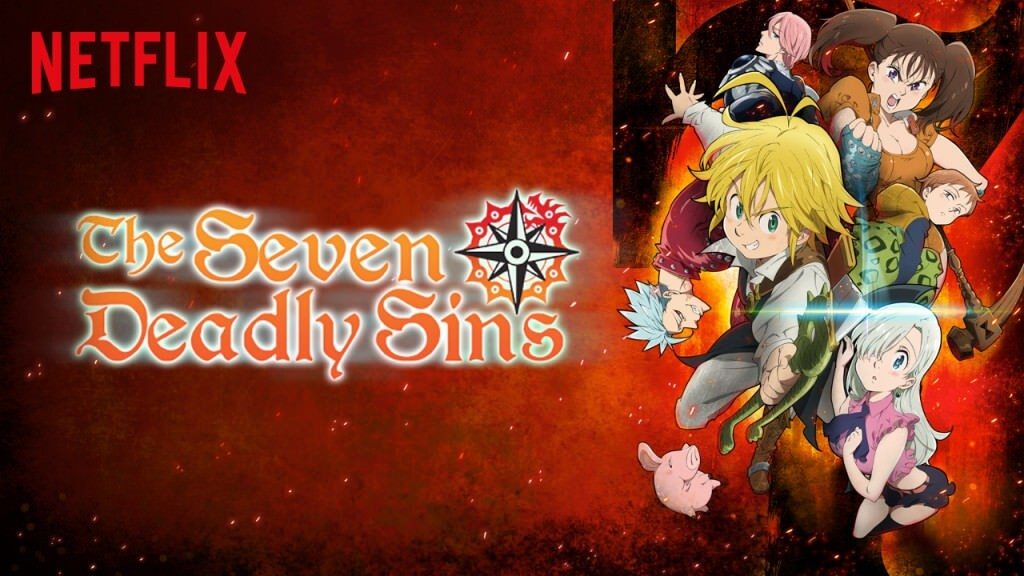

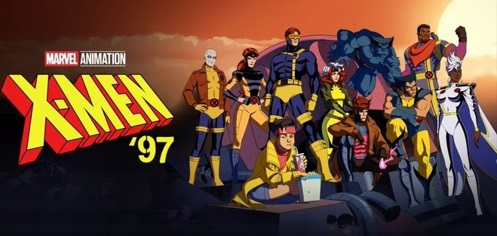
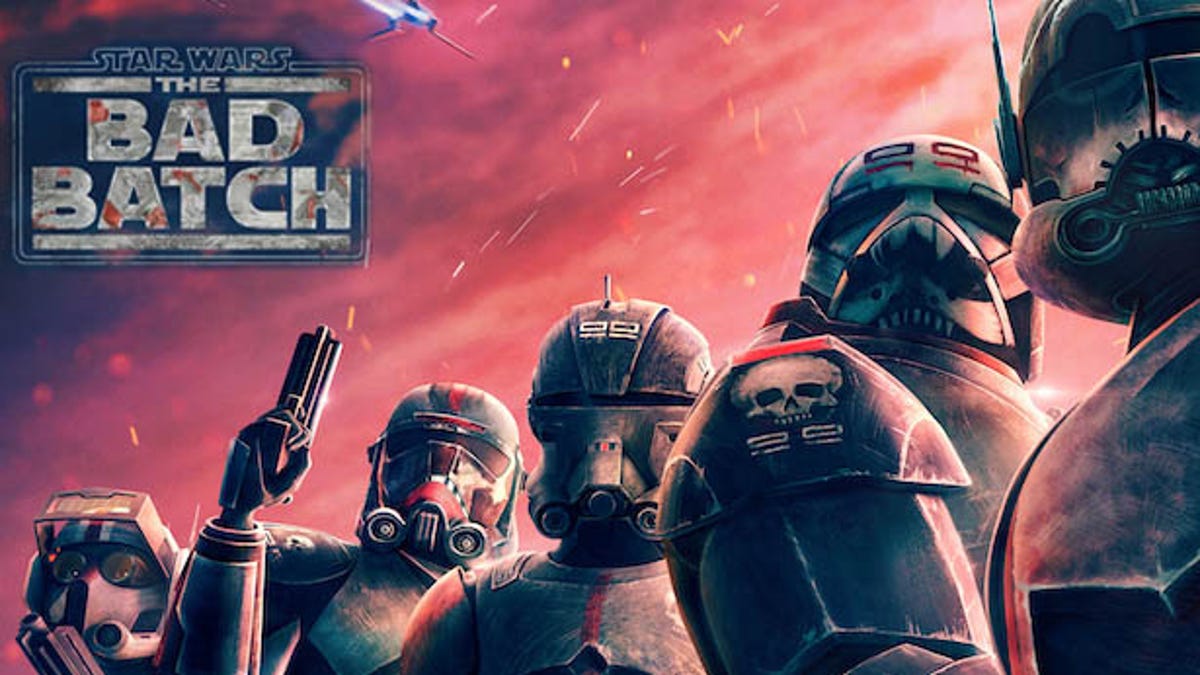
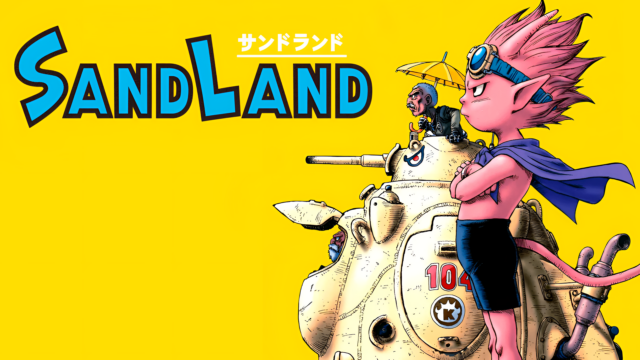

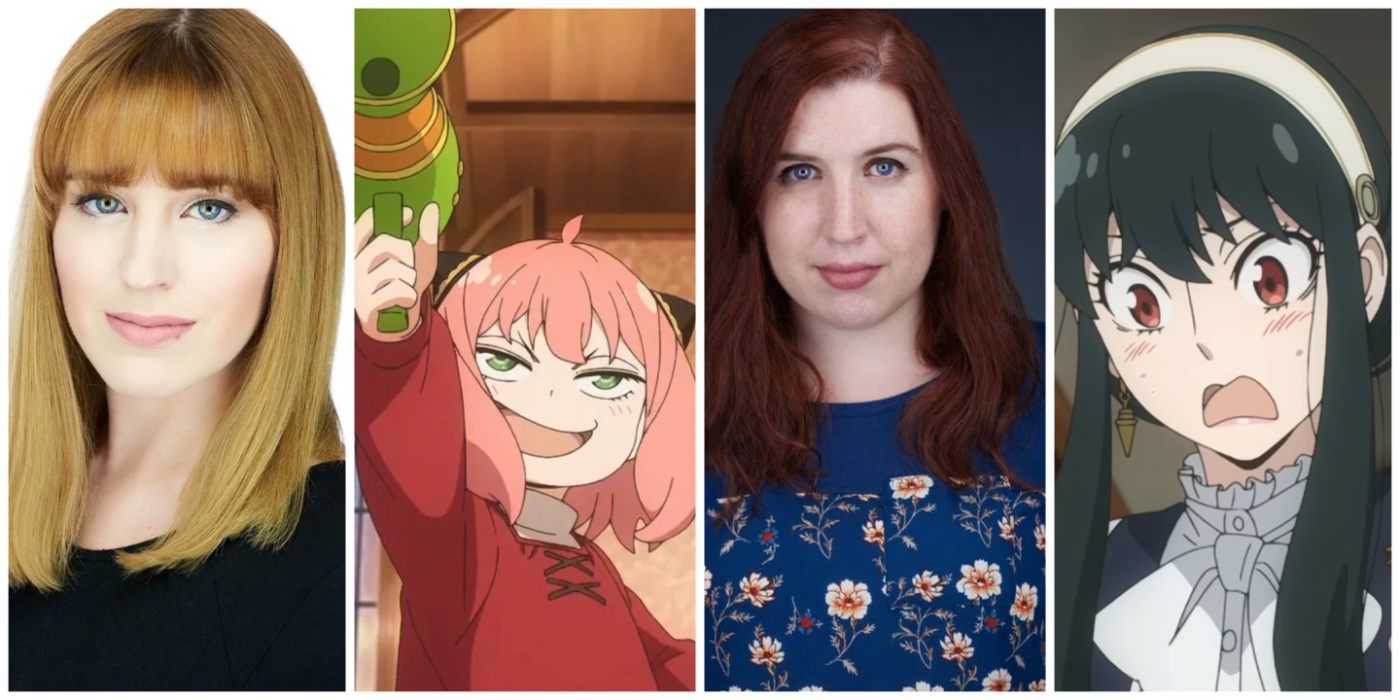














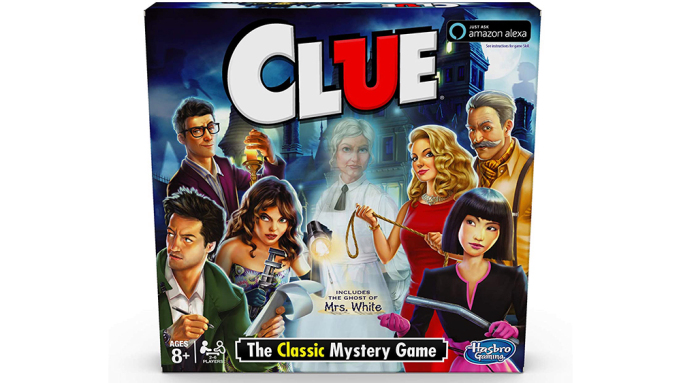


I'm hired!